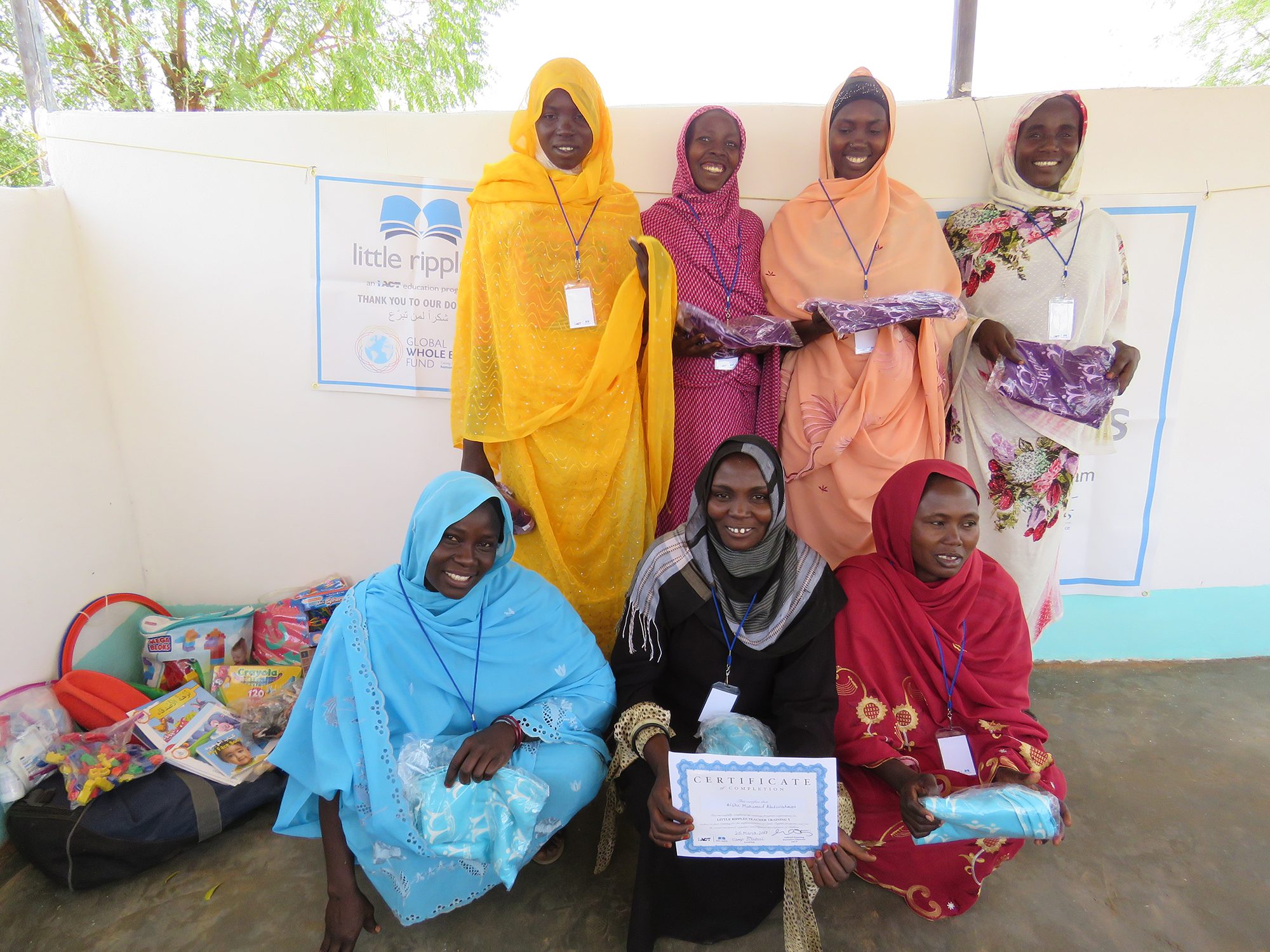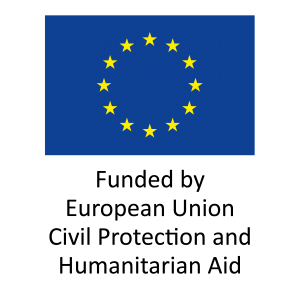Shaping the future: Our strategy for research and innovation in humanitarian response.

Shaping the future: Our strategy for research and innovation in humanitarian response.


Our iACT team recently returned from eastern Chad where iACT and Jesuit Refugee Service (JRS) are partnering to expand the Little Ripples early childhood education program to fill a critical gap in pre-primary services in two Darfuri refugee camps, Mile (“mee-lay”) and Kounoungou (“koo-noong-goo”). In eastern Chad, there is a dearth of early childhood education services that both build the capacity of refugees and address the unique needs of young refugee children living in isolated, under-resourced camps. The disruption of families and community structure, initially caused by being suddenly uprooted from home, as well as the acute shortage of resources, deeply affects the physical and psychological well-being of all refugees, but especially of young children.
Ninety-percent of brain development occurs before the age of six, including that of the foundation for social, emotional, cognitive, and physical development. The future of Darfuri children, being at this critical age, will be shaped by their experiences in refugee camps. The Little Ripples program meets the developmental needs of these children and lays the foundation for a lifetime of learning and peace for both the children and their community.
Little Ripples is a refugee-led, culturally-relevant, and cost-effective early childhood education program that trains and employs refugee women to adapt, implement, monitor, and scale the program in their community and improve the social-emotional, cognitive, and physical development of children ages three to five. Employed women are trained in the Little Ripples curriculum and structure—a pre-established outline of evidence-based, early childhood education developed by experts in early childhood development, trauma recovery, and mindfulness. The outline guides teachers in daily instruction while allowing them to adapt and infuse the curriculum with activities, songs, and games unique to their culture. We focus on empowering refugee women, to ensure that the education solution is culturally relevant; foster ownership from the outset; and enable the program to be sustainable beyond the support of international aid agencies.
iACT and JRS are focused on quality (with three in-home Little Ripples centers per camp) and on program iteration, training, and mentorship, in order to increase the depth of impact and build the foundation for future Little Ripples expansion and sustainability led by the refugees.


 Please upgrade your browser
Please upgrade your browser
You are seeing this because you are using a browser that is not supported. The Elrha website is built using modern technology and standards. We recommend upgrading your browser with one of the following to properly view our website:
Windows MacPlease note that this is not an exhaustive list of browsers. We also do not intend to recommend a particular manufacturer's browser over another's; only to suggest upgrading to a browser version that is compliant with current standards to give you the best and most secure browsing experience.